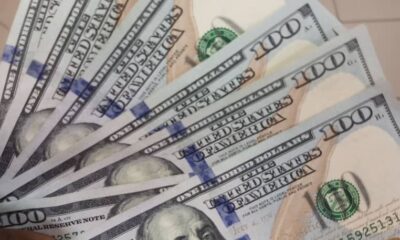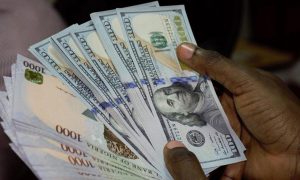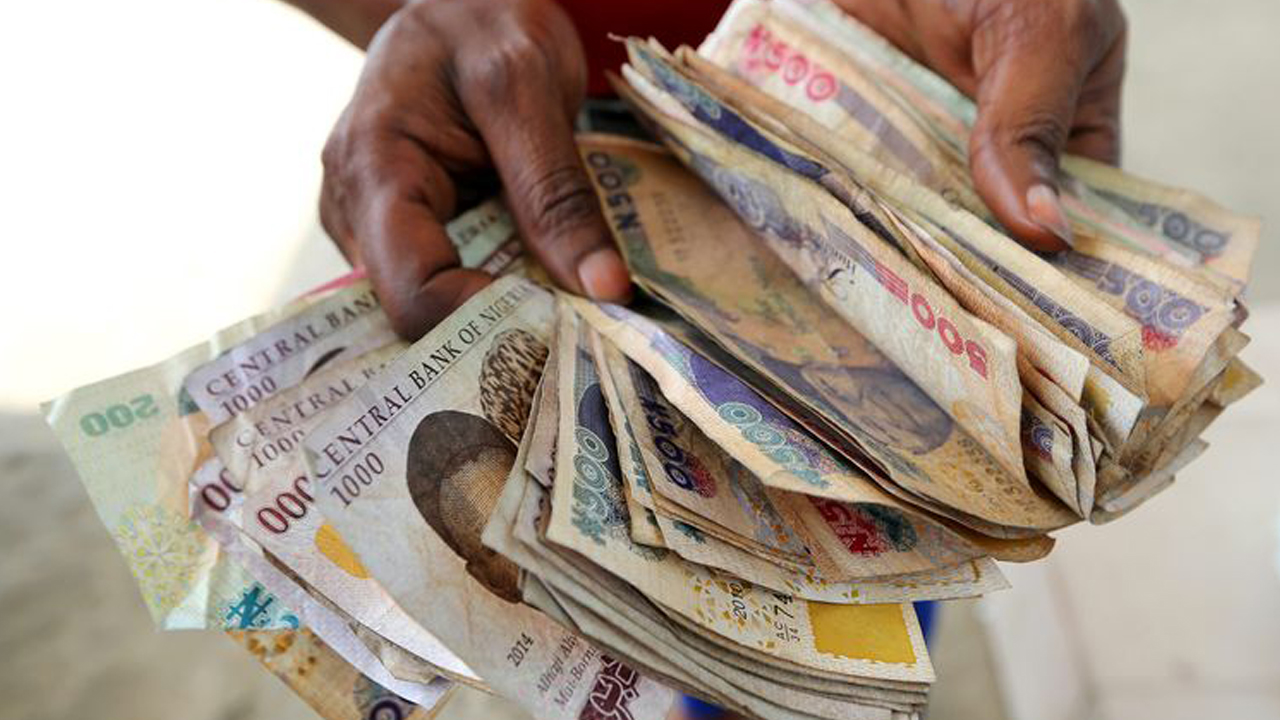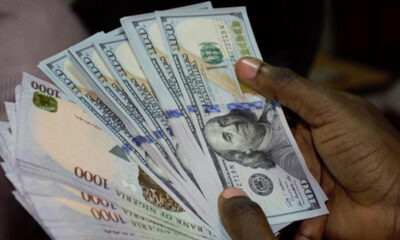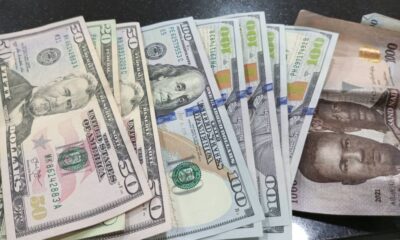Latest News
Gold, US dollar fly high as Russia’s Nuclear Forces stay on high alert

Gold and US Dollar fly high as Russia’s Nuclear Forces stay on high alert.
IDOMA VOICE understands that as the fallout from the sanctions on Russia raises demand for the world’s reserve currency, the dollar is rising against virtually every peer.
Additionally, Treasury bonds, gold rose following Russia’s President Vladimir Putin’s announcement that his country’s nuclear deterrence forces are on high alert
In response to mounting global backlash over Russia’s invasion of Ukraine, Putin placed his country’s nuclear deterrence forces on high alert.
Although the conflict has escalated, the Ukrainian Defence Ministry announced that representatives from Ukraine and Russia agreed to meet on the Ukraine-Belarus border “without any preconditions.”
Boosted by tougher sanctions against Russia following its assault on Ukraine, gold rallied more than 2% in the earlier hours on Monday before moderating to 1.46% gain, thus trading above $1,920 an ounce.
In a joint statement, the U.S., European Commission, France, Germany, Italy, the U.K. and Canada announced Saturday they are penalizing Russia’s central bank and excluding some Russian banks from the SWIFT messaging system, which is used for trillions of dollars in transactions globally.
Russia’s central bank is also prohibited from using its international reserves to undermine sanctions as part of the agreement. Almost two years after ending a long period of gold purchases, the Bank of Russia said it will begin buying gold again.
As reverberations from sanctions on Russia’s central bank and lenders reverberate throughout global markets, traders are loading up on the most liquid asset, with talk that the Federal Reserve may have to intervene. The euro and rand fell against the dollar, while stock futures in the U.S. and Europe declined.
Major money markets showed signs of funding strains on Monday morning, as spreads for very short-term eurodollar contracts widened. Libor’s spread over the Fed’s rate — the FRA/OIS spread — widened nine basis points to its widest point since March 2020.
In offshore trading on Monday, the ruble was 28% lower compared to the dollar. Over the past month, the Russian ruble has fallen more than 6% in onshore trade, underperforming all its emerging-market peers as traders wait for President Putin’s response to tougher sanctions.
Meanwhile, Russia is continuing its advance into Ukraine. The second-largest city in Ukraine, Kharkiv, was reportedly invaded by Russian military vehicles, with residents warning to seek safety in shelters.
Kyiv remained under Ukrainian control, saying that “the Ukrainian army and defense completely control the capital.


